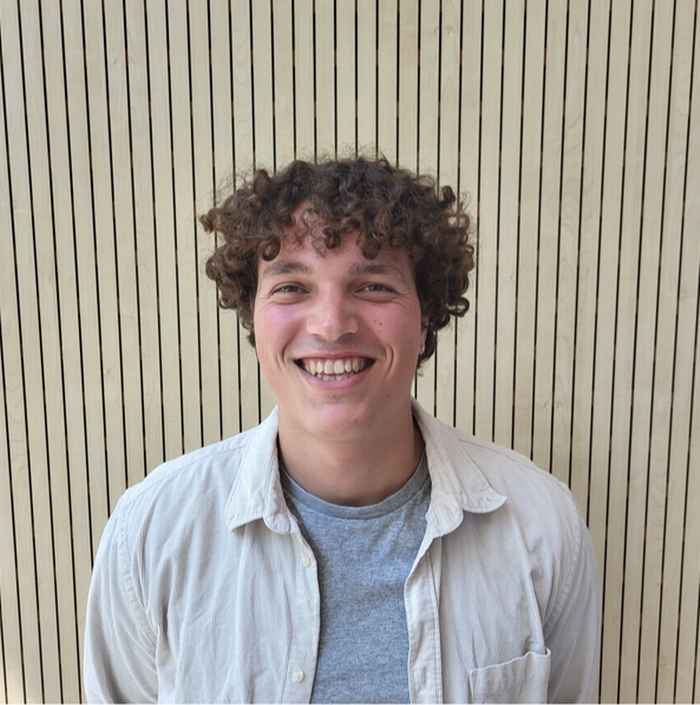Meet the alumni
Dante de Lang

Dante de Lang
Master’s in Computational Science alumnus
"I completed my Bachelor's in Bèta-gamma (Natural and Social Sciences) with a major in Artificial Intelligence. As such, I started with courses from various faculties, from Sociology to Physics. With my major I found my interest in programming and understanding complex data problems. I was, and still am, broadly interested in learning new theories and methods, especially within the data and modelling field. In my view, the curriculum of Computational Science provided much more diversity in topics compared to other studies. Nevertheless, I have found that despite the diversity, there is a lot of specialist knowledge present among the teachers and alumni. This creates the opportunity to both explore and dive deeper into topics that you are interested in.
The biggest difference when switching from a Bachelor’s to a Master’s programme, in my perspective, is the degree to which you are expected to work independently. This can be challenging, and lead to a steep learning curve. You then learn to reach out to fellow students and teachers in order to work together on problems. I never had any trouble with finding help from students or teaching assistants. Furthermore, the volume and difficulty of the teaching materials push you to step up your academic and analytical skills. And the quality of those materials is very high. These challenges are excellent preparations for further career steps.
For me, the variety of topics within the courses really kept me enthusiastic and curious throughout the Master’s degree. I continuously felt motivated to understand the complex problems in the assignments. When compared to 1-year Master’s programmes, for instance, I believe this programme can really level-up your knowledge and skills within the modelling field, and set you apart when continuing your career later on.
The basis of all courses lies in solving complex mathematical equations by using various programming approaches. Mastering this will give you a better start than others who are somewhat new to this. However, at the start of the first year, extra classes are hosted by second-year students to get everyone up to speed and on the same page with respect to the programming set-up and creating even mathematical bases. I used to teach these classes and could see how helpful they were for most students that felt behind."